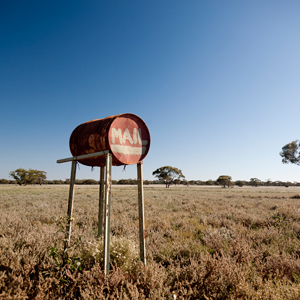 Specialists should be refused access to Medicare rebates if they set up in areas where there is already an excess of doctors in their field, it is being argued.
Specialists should be refused access to Medicare rebates if they set up in areas where there is already an excess of doctors in their field, it is being argued.
The controversial idea has not been adopted by the Federal Government, but it was floated by geriatrician Dr Mark Yates last week following the closure of a medical practice in the Victorian town of Smythesdale.
Dr Yates, the director of clinical studies at Deakin University’s Ballarat Clinical School, admitted the proposal would not be “popular” among his specialist colleagues.
But a new system was needed to tackle the lack of specialists in rural and regional areas, which was as much a problem as the rural GP workforce crisis, he said in an interview with the ABC.
“The question I think we have to ask ourselves as a community is if you have got 50 cardiologists within 5km of where you live, do you want your taxes to pay for the 51st to put up their shingle?”
“My view is I don’t think I want to pay for the 51st [cardiologist] to put up their shingle in Kew because we could do a lot better if they put their shingle up in Ballarat.”
“There is no driver in the system to make that happen.”
He added: “I think we are not saying enough about the need for specialists to get out of metropolitan Melbourne and get into the regions.”
“What concerns me most is that 50% of general practitioners are—and we are lucky to have them—coming from overseas-trained environments where they have to work in the country.
It’s not the first time the issue has been raised, with IMGs already receiving GP Medicare provider numbers restricting them to practice in areas of workforce shortage under the Federal Government’s rural health strategy.